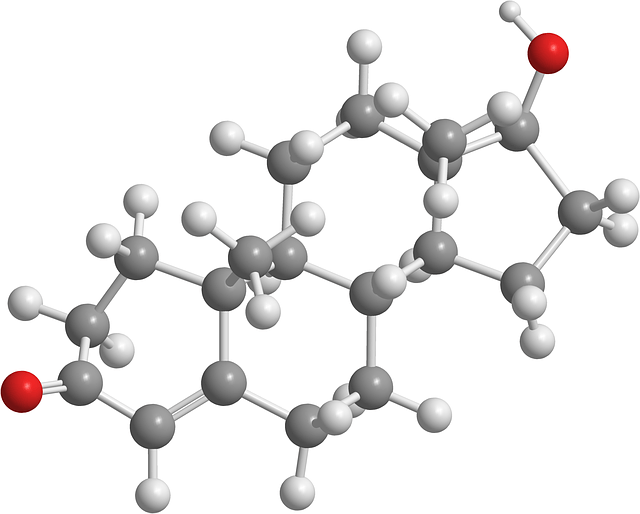Testosterone Replacement in Men and Women
Testosterone is a hormone that is found in everybody in varying degrees. It is one of the primary sex hormones found in men and is made in the testicles. For women, it is a secondary hormone and is made in the ovaries in a much smaller amount than in men. In both male and female, the level of testosterone starts drop as we age. This change in levels can lead to some unpleasant, uncomfortable and depressing symptoms.
There are options for treatment. There is hormone replacement therapy which does have some drawbacks as well as benefits and must be weighed carefully. Specifically there is the bioindentical testosterone as an option. This is a man-made hormones that is created to behave in very similar ways to naturally occurring hormones. These can be taken in several ways so it is important to consider all of the pros and cons with your doctor before starting on any type of testosterone replacement.
What is Testosterone Replacement?

Some of the possible options for bioindentical testosterone include:
- Gels, creams or a patch that is applied to the skin
- Pills
- Injections
- Implanted pellets
Many people have to try a few different methods before they find the right one for them. You may also need to have the dosage adjusted a few times before your hormone levels are they are optimal & you are feeling better.
The Benefits of Testosterone Replacement for Women

- Vaginal dryness and painful sex
- Loss of interest in sex
- Insomnia
- Weight gain
- Fatigue and lethargy
- Weight gain and a loss of lean muscle mass even without dietary or activity changes
- Mental issues such as memory loss and foggy thinking
- Changes in mood including new or worsening symptoms of depression
Beginning treatment may include some replacement estrogen or other hormones in addition to the testosterone so that your symptoms can be lessened or eliminated. Adding testosterone can also help alleviate some of the other common menopause symptoms like hot flashes and tender breasts.
The Benefits of Testosterone Replacement in Men
For men, testosterone is the primary sex hormone. When it starts to decline around age 30, it can bring about changes to mood, energy, sexual ability and desire and even body composition. Lean muscle mass can decline and is 
Starting replacement therapy can help get some of the energy back. It may help improve sleep patterns which can help a man be more active. Rebuilding some of the lost muscle may also help rev up the metabolism and in turn, make him feel more energetic. These benefits can help restore libido and possibly sexual function to some degree which will also help with mood and stress levels.
Is Testosterone Replacement Safe?
Like any other medication, there are benefits and risks. You should speak very frankly and openly with your doctor about what your expected outcomes are. There may be some trial and error while finding the right dosage and the right method of taking testosterone. You may have some side effects during this process. These side effects are similar to those found in many other common drugs, though unlikely could include:
- Weight gain
- Blurred or changing vision
- Acne
- Bloating and cramping
- Indigestion
- Changes in mood
It is important to follow all recommendations for dosing. Your doctor may want to start small and work up gradually so that adjustments and changes can be made as needed to keep the testosterone replacement safe for your current health status.
There are some simple ways that you may be able to raise you levels.
If you are interested in seeing if replacement might benefit you, contact us here in Gilbert, AZ at 602-344-9067.
References:
www.everydayhealth.com
www.medpagetoday.org
www.mayoclinic.org

